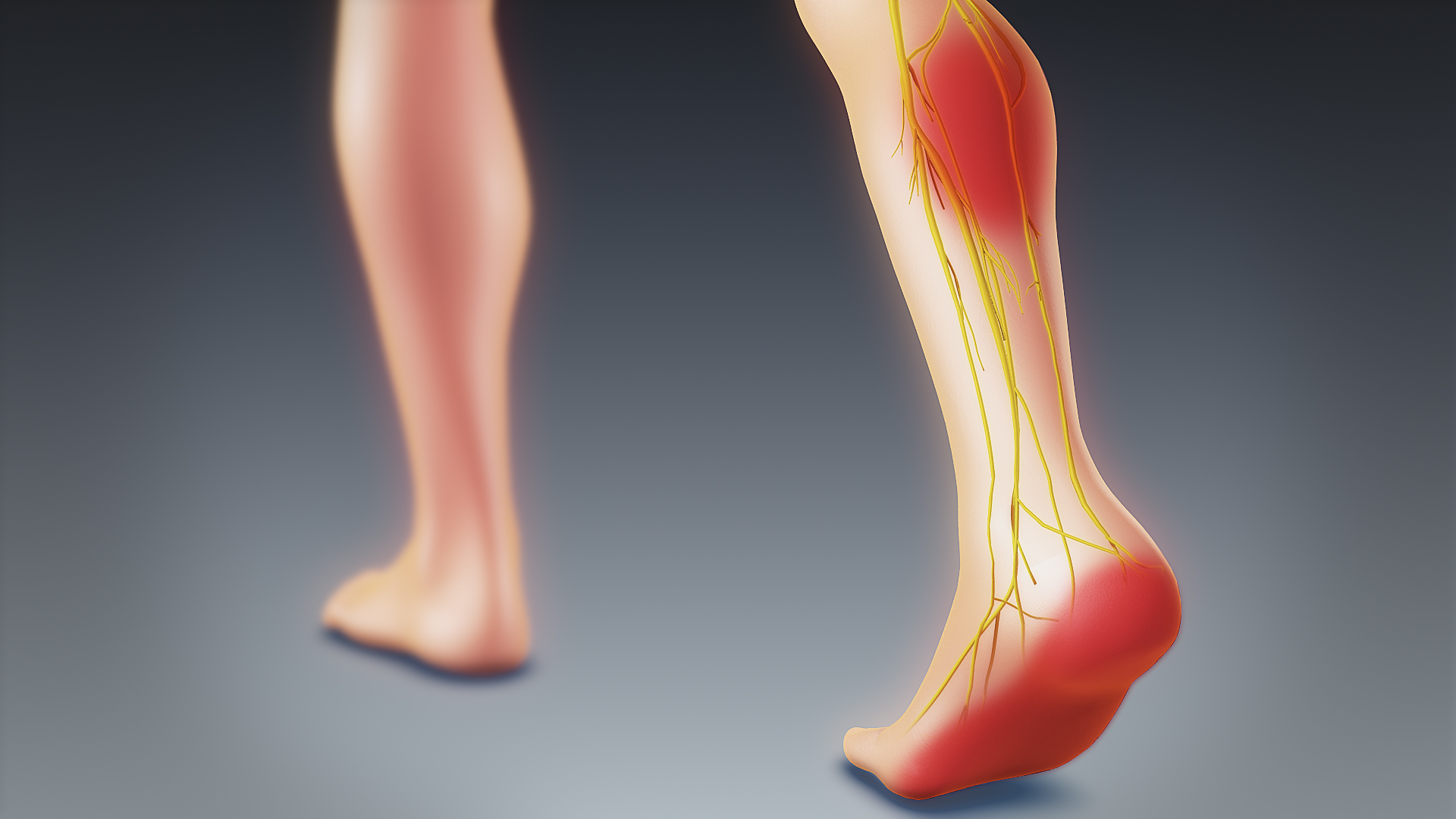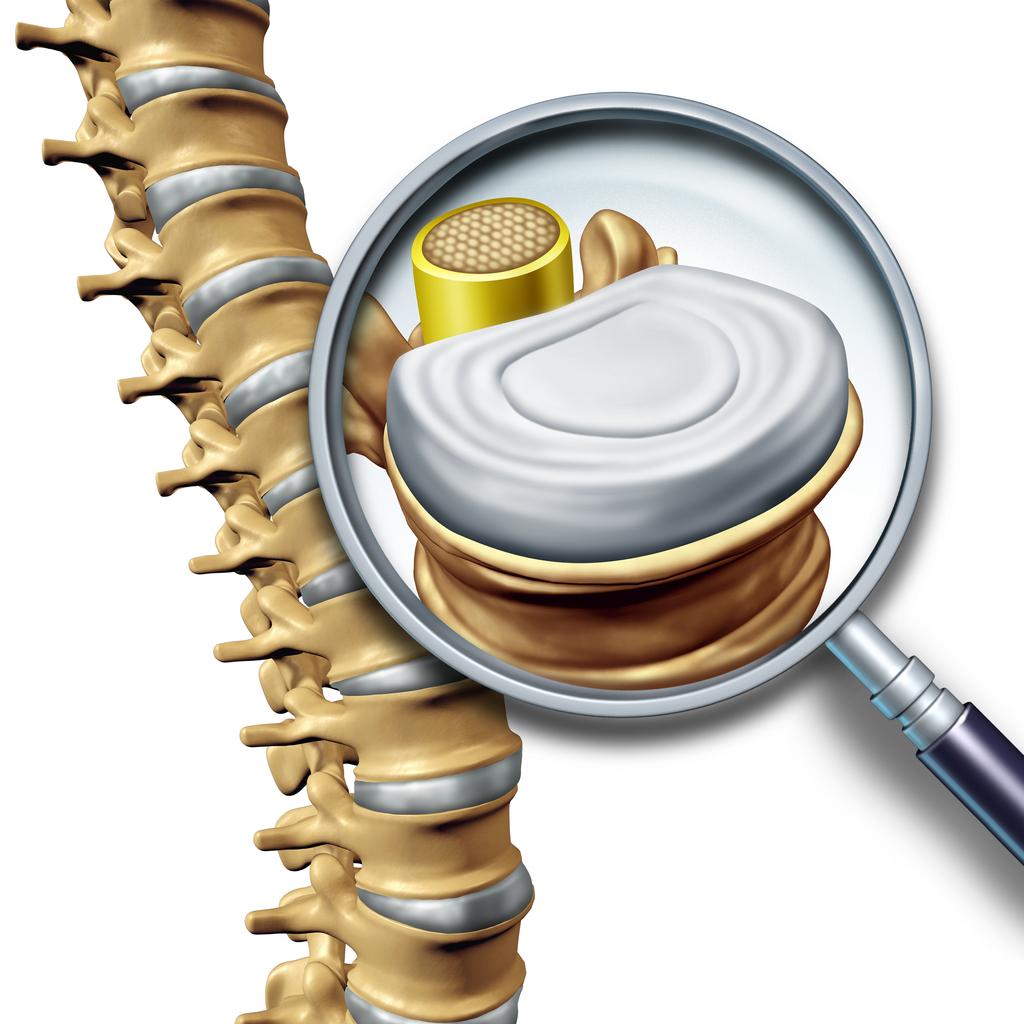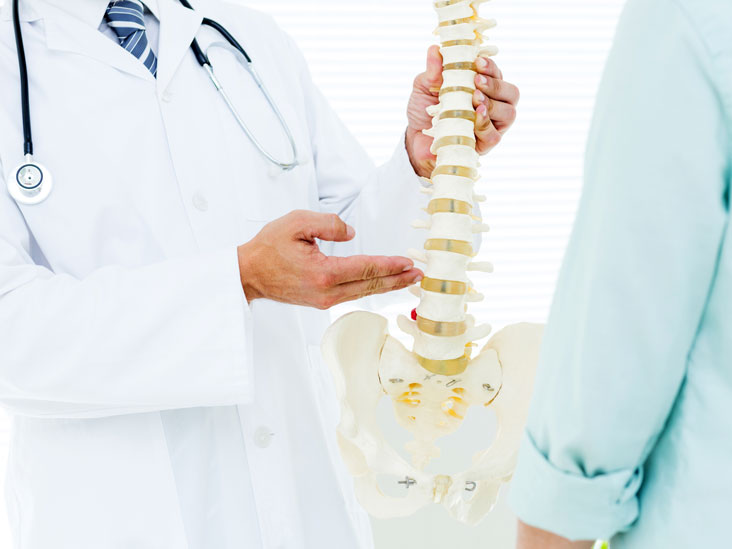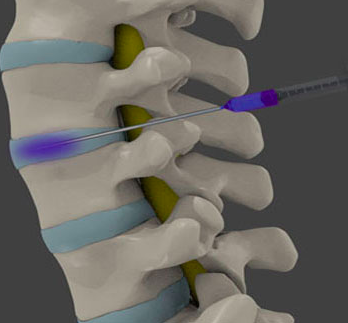When we talk about the herniated disc, we naturally think of physical causes such as poor posture, carrying heavy loads, a fall, etc.
But what about stress? Can it aggravate - or even cause - a herniated disc?
This article explains the relationship between stress and herniated disc, and gives advice to improve your condition (both physical and mental!).
Short reminder on herniated disc
First of all, I invite you to familiarize yourself with the diagnosis of herniated disc. The more familiar one is with the potential causes and symptoms, the more one will approach treating this condition in the best way. To learn all about herniated disc and its impact on daily activities, see the following article:
Herniated disc from A to Z: Better understand your diagnosis (symptoms and causes)
Essentially, the discs deform and bulge out of their shells as part of a herniated disc. Since there are several nerve roots around these discs, an inflammatory process and nerve irritation may ensue, causing the symptoms (low back pain, radiation, numbness, tingling, etc.).
Herniated disc and stress: What link?
Stress has a negative impact on our health, it's a fact. In the case of herniated disc, there are theories that claim that a traumatic episode can cause a herniated disc. However, there is no scientific evidence supporting these claims.
On the other hand, it is recognized that stress can intensify the pain as well as the other symptoms which accompany the herniated disc. This state promotes increased tension in the muscles and causes the risk of muscle torsion. Indeed, stress releases hormones that are the cause of many dysfunctions in our body.
What are the harmful effects of stress?
Stress causes frequent headaches that lead to neurological symptoms. It is the cause of the weakening of the immune system. Due to this, the body very quickly exposes itself to various diseases, including viruses.
Symptoms and causes of stress
Stress can be pathological, but also caused by emotional or physical exhaustion. It is manifested by permanent fatigue, sleep disturbance and muscle tension. Indeed, chronic stress exposes the individual to low back pain.
Psychological cause of herniated disc: what to do?
Obviously, it is then preferable to consult a doctor or psychologist in the presence of herniated disc or stress. Once the diagnosis has been made and the causes of the stress determined, appropriate treatment can be prescribed.
Stress management
Stress is defined as a state of chronic tension. As prevention, it is advisable to practice a regular sports activity. Moreover, physical exercise prevents the risk of anxiety and chronic stress. It also strengthens the structure of our organism and slows down the development of a herniated disc.
On the other hand, it is important to rest well after a hard day in order to avoid heavy feelings of fatigue. In addition, scientists advise to follow a healthy diet and to stay well hydrated.
Other methods to manage stress
Apart from sport, which plays a natural antidepressant role, there are other methods that have been proven to prevent stress.
Psychotherapy
This treatment helps to cope with stress. It is a therapy set up by a psychologist. The latter will carry out a follow-up and a personalized accompaniment of the person. Indeed, it helps to get to the heart of the problem and solve it quickly.
Medication
There is no specific medicine to treat stress. However, antidepressants remain effective. On the other hand, taking these drugs requires prior prescription by a doctor because of their high intensities.
The traditional treatment
Traditional remedies hold a power to eradicate stress. There are three methods:
- homeopathy: a natural herbal treatment to reduce depression;
- Acupuncture: a Chinese method that helps to relax the muscles. Indeed, it can possibly reduce blood pressure;
- Sauna and steam room: a steam bath to relax the nerves.
Conclusion (Things to Remember)
Finally, the herniated disc is a condition of the back which mainly requires medical treatment.
On the other hand, stress can contribute to aggravating the symptoms. For this reason, it is relevant to integrate modalities aimed at managing stress in the treatment approach.
A healthcare professional will be able to guide you through this process and provide you with appropriate care.







